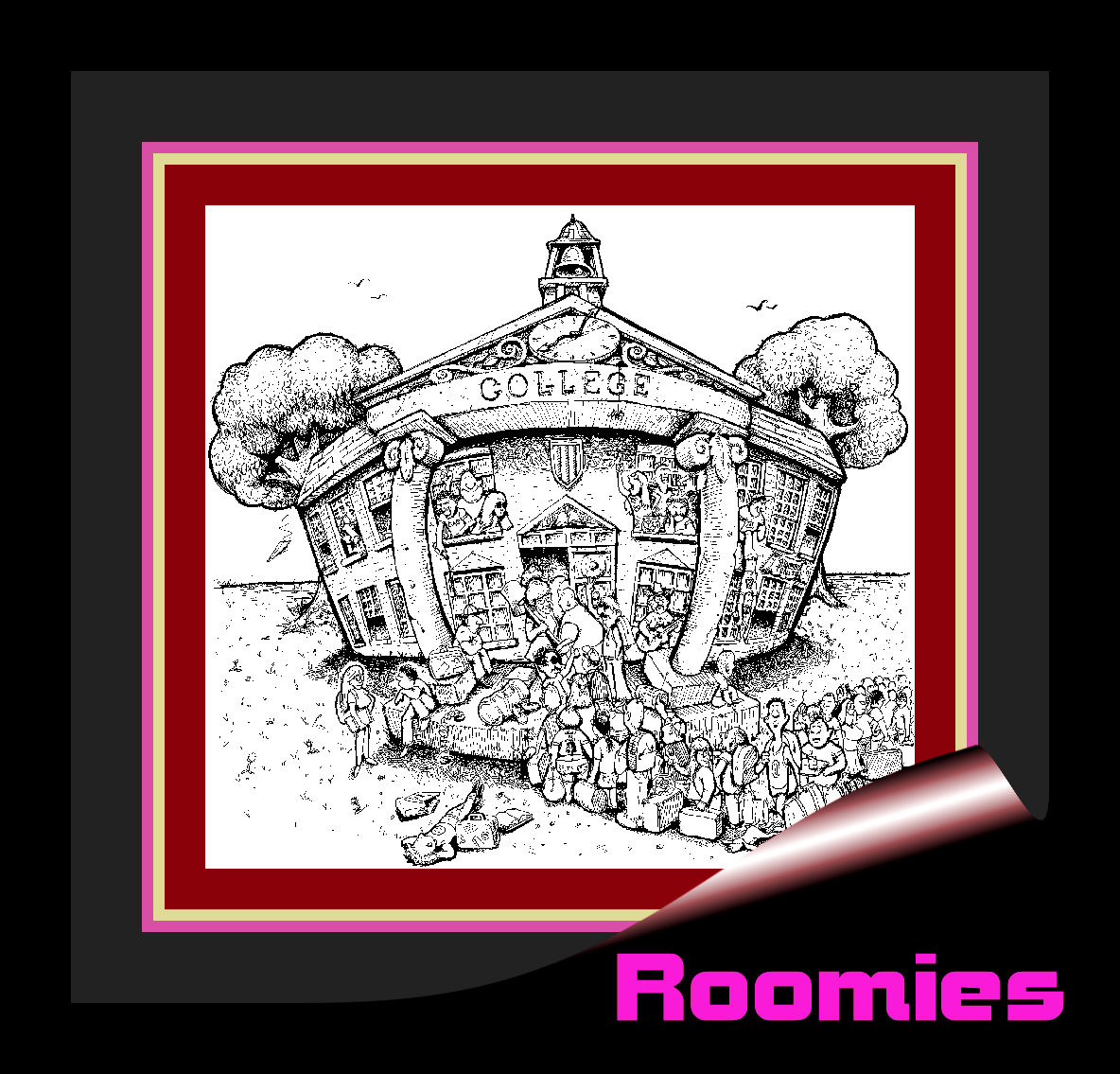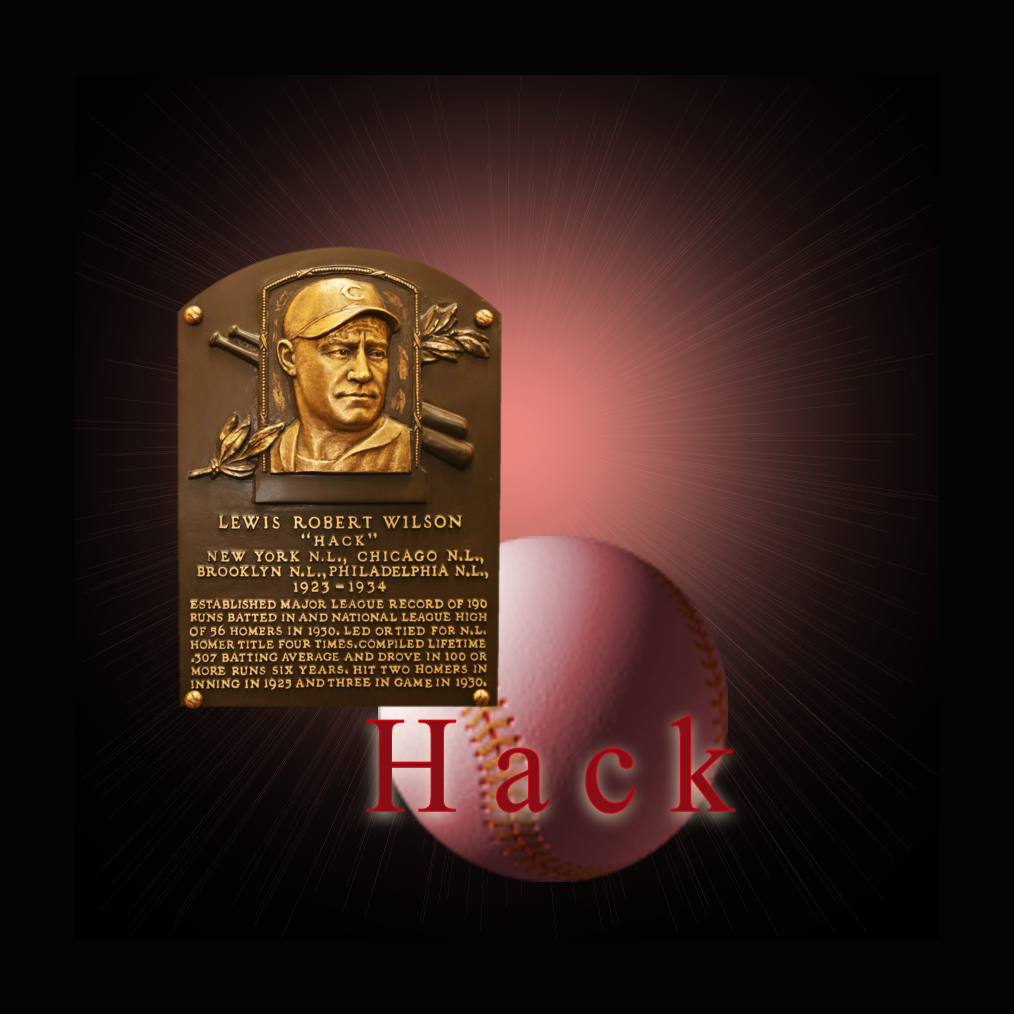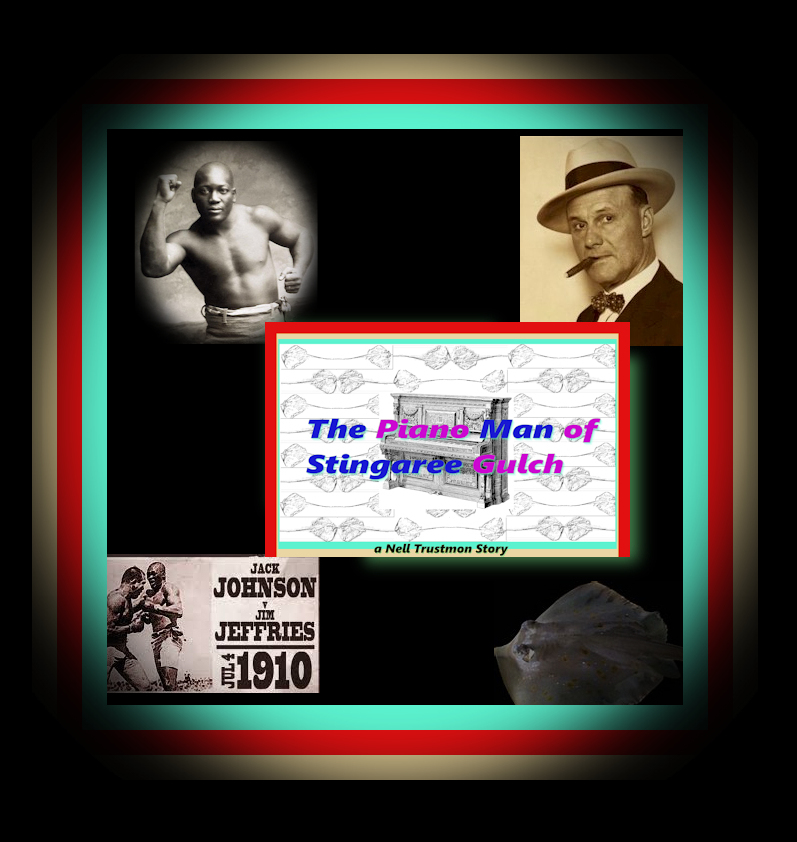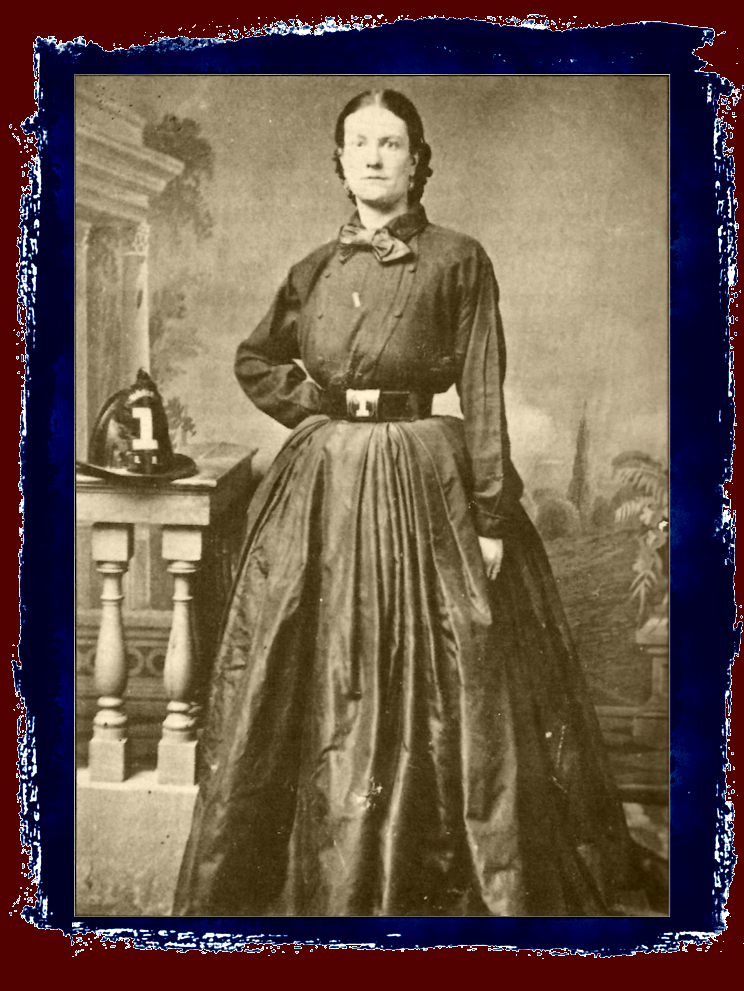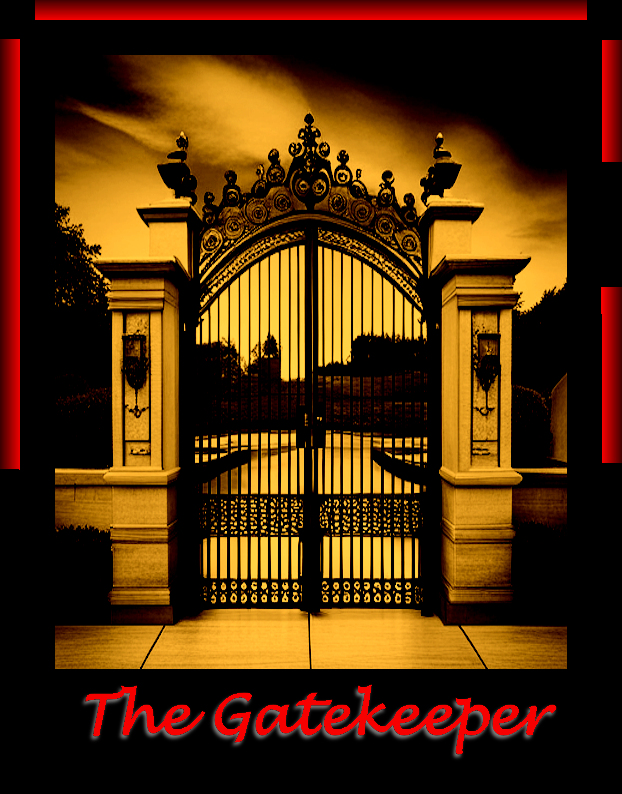
PodcastSeason 1
24 stories


Episodes
To listen to an episode, click on its image and you will be taken to the story’s page.
Contemplating Evil
An audio story which includes original, period-specific music performed by: The Howlin’ Wolf, Vernon Dalhart, and Billy Murray
~~~
An elderly college professor contemplates the nature of evil after he finds an old photograph proving that his own father had been an instrumental participant in the lynching of Leo M. Frank, one of Georgia’s most notorious vigilante murders. FICTION.
Murder at the Gas Pump
An original audio story for Appaloosa Radio
Coughlin, California has only had one murder. Bernard Winslow Schlafer (the Third) was a scion of one of the Central Valley’s richest and most important families. Yet, when the time came for him to assume responsibilities in the family businesses, he left Coughlin for Los Angeles where he eventually produced a sleazy reality game show entitled, “Seduction!”
Barnie S. (as he now prefers to be known) returned to his hometown to seek additional funding from his maternal grandmother for his television endeavor. On his way back to LA, he stops for gas and lottery tickets at the Log Cabin Liquor and Gas. While he is filling his car, a white sedan enters the parking lot. A man emerges and shoots Barnie S. with an AR-15.
The assassination took less than five seconds.
Meeting Celeste
When things were going well, when the computer code poured itself freely into its allocated slots, when the iterations, runs and routines worked to perfection, when all the bugs and jinks had been banished. That’s when he took off his shoes, his socks and his shirt and wrote code au natural. He told his colleague and life-long friend, Mike, that when his feet felt the “reality” of the surfaces of the floor, it stimulated the neurons in his brain, made things clearer, opened options that he had not seen before.
In the early 1980s, computer programming was still an activity of white shirts, Snap-On ties, and pocket protectors full of a miscellany of pens.
That was not Rick. It may have been him once, back when he worked in the Department of Defence, running massive IBM behemoths, but it certainly was not him now. Now, he was running his own operation, creating computer schools for kids.
The best idea that he ever had. Creating computer schools for kids! The market was unlimited. The work was straight-forward. Taking computer lessons from a book (that he had written) to a computer-assisted teaching design. Simple code. Nothing that complex.
At a quarter to nine in the evening, Rick decided to turn off the systems. He pulled on his socks and his custom cowboy boots which had been made for him during a trip to Spain. He buttoned his blue-gray silk shirt that he had found in Milan. And, in spite of the muggy, South Carolina heat, he put on his black leather jacket, the one he had discovered in Montreal.
He walked down the open stairwell, then across the parking lot, and over a couple of short blocks to the Ramada Inn hotel where a live band was playing in the Lounge. The Friday night customers were filling all the small round tables around the parquet dance floor. A lot more action than three nights earlier.
Special Monkey Magic
Featuring Jiminy, the Organ Grinder’s Monkey and the Carousel Cartoon Company of Chicago.
In October 1934, during the very worst of the Great Depression, Jiminy, the ever-inquisitive, always impulsive, and incredibly funny Organ Grinder’s monkey died.
He died because the company that his three creators had founded to give Jiminy fun things to get into had failed. The Carousel Cartoon Company of Chicago was no more.
To say that a cartoon character died may not be accurate. To die means that you once were alive. Some would argue that Jiminy was just some India ink lines on a sheet of transparent celluloid. He did not have blood or lungs or a heart. He only did what his animators made him do. He had no will of his own. Alec, Hugh, and Charles would strongly disagree. Jiminy may have not had a heart or lungs or blood, but Jiminy most definitely had a will of his own. He had strong opinions, strong preferences, and equally intense dislikes.
It is Just Baseball
Percival was ten-years older than Beck and worked a couple of stations over from him. Like Beck, Percival was an avid baseball fan, but he loved the Dodgers even more than Beck loved the hapless Pirates. Beck asked Woody to also create a player for Percival. Woody was more than happy to do so.
Beck and Percival worked side-by-side in their parallel baseball worlds, not really caring about the larger corporate world around them. Because the Dodgers won far more games than the Pirates, Percival lived in a happier world than Beck.
Finally, after four losing seasons in a row, Beck complained to Woody over a beer that he would give a million dollars to experience a winning season. Of course, Beck did not have a million dollars and Woody knew that. But Beck’s complaint got Woody to thinking. Then, one evening in his small computer repair shop, Woody had an idea. “I’ll bet that lots of guys would pay to experience a winning season. Instead of sending them wireless broadcasts of live games, why not write a program, so that what they’ll hear is always a winning team.”
It took a couple of weeks and some exasperation, but Woody completed his always a winner player prototype.
But it was more than baseball . . . .
Original Genius of Pure Brilliance
“Ladies and gentlemen. The International Association for Mathematics announces its Lifetime Achievement Award to a gifted mathematician whose work has revolutionized nearly every branch of contemporary mathematics. When I say “W. H. N. Goldman” you know I speak of virtuosity, of original thought, of insightful breakthrough logic. When I say “W. H. N. Goldman” you know I speak of one of the modern pioneers of our discipline, a thinker without whom we would not be able to do contemporary mathematics. When I say “W. H. N. Goldman” you know I speak of an individual of extraordinary brilliance. A mind of unlimited capacity. A master mathematician.
We are pleased this evening that Dr. Goldman is joining us for a talk.”
A tall woman wearing a pure white sarong and with extremely long gray hair trailing below her waist comes to the platform and accepts the microphone from the host. Her voice is both confident and clear.
“Good evening. I am Helen Goldman. I know that none of you have ever met me. I have lived for the past 47 years in my desert cocoon, entirely avoiding all human contact. I am here tonight to share my story. After that, I’ll return to my place of shelter and solitude. To my desert. To my simplicity, my frugality. To doing mathematics.
Dead Man's Suit
Every time he wore it, he thought it had a strange odor. It had been dry cleaned multiple times and no one else noticed any sort of odor. In fact, his wife, Wilma thought he looked “spiffy” in it and loved to see him in the double-breasted, brown suit with the faintest of gray pinstripes. “He looks like a movie star,” she proudly told her sister Grace Lynn. Far better in that suit than in the greasy dungaree overalls that he wore most of the time. But truck mechanics don’t wear suits to work in. They work in greasy overalls. The brown suit was for Sunday church and extra special occasions, like when they had gone to the casino and had a steak dinner for their tenth anniversary.
For their anniversary dinner, Wilma had worn a Kelly-green dress with lots of sparkles that matched the brown suit perfectly. She had even insisted that he pay the $5 to get a special color photograph of them together in their finery.
Harlan Royce was a big-chested man and a double-breasted suit looked best on him. A single-breasted suit would make him look bulgy; he would stick out in the wrong places. But, in a double-breasted suit and with a wider, patterned tie, he looked, well, like a movie star!
Still, every time Harlan Royce wore the double-breasted suit, he noticed the smell. The one that no one else noticed.
Harlan Royce was 39 when his slightly older cousin, “Cooter”Royce died.
No one who knew both “Cooter” and Harlan was surprised that “Cooter” died flat broke and without suitable clothing for his own burial. No one would be surprised, either, that Harlan Royce paid for the suit that “Cooter” was buried in. Harlan was a hard-working truck mechanic who attended church and remained true to his wife. “Cooter” — well, not so.
Roomies
Original College Humor
Going away to college and residing in a dorm is an opportunity to learn to live with differences. Roommates can learn how to accommodate the needs of others. However, what happens when the roomie you are assigned to live with proves so different that it almost seems as if he came from another planet. You ask for help in dealing with Seth, but the university can’t provide any.
“OK, if the University won’t help me, then it is up to me. Be ready, Seth, for total war.
I have long been a fan of the James Bond 007 movies. So, my first plans turn to slicing Seth up with a powerful space laser, or maybe filling our dorm room with saltwater and then bringing in a bevy of very hungry tiger sharks. Alligators would work too. Maybe even piranha.
Then, there’s that great Clint Eastwood movie where he climbs a mountain with a group of men who, one by one, mysteriously keep falling off their ropes. He didn’t know which one was his target, so, one-by-one, he eliminated them all. Long way down, Seth!
Or, maybe I could go old school gangster. Maybe I could take him to the lake for a one-way boat ride, and then, when were in the middle of the lake, I could fit him with a custom pair of cement boots.
If I went medieval, then there are all kinds of possibilities. Torture him on the rack. Burn him at the stake. Shoot with a quiver of arrows. The possibilities for inflicting cruelty are endless.
But, I rejected all of those options. Too expensive. Too much work. Too complicated.
Instead, I opted for a low-tech guerilla war.”
College humor based on all-too-true experiences!
He Done Her Wrong
A Nell Trustmon Story from her magazine, Broken Tree Tales
In June 1909, the daughter of one of California’s first ‘gold bugs’ shot her fiancée, the son of a wealthy Portuguese fruit grower. Alma Pike shot Joe Armez.
“Flying over the pretty little mining town of Auburn, California I immediately saw the Courthouse. It is situated on a hilltop that can be seen for miles. Its classic dome gleamed in the afternoon sun. Even from the air, I thought it was an immense showpiece.
When it was built in 1898, the building included four state-of-the-art jail cells. The four cells were adequate for a courthouse that typically handled only a dozen criminal cases a year.
What no one ever thought of was that maybe (just maybe) the Courthouse might have to sometimes house a female prisoner. When a criminal case involving a woman charged with murder occurred in the summer of 1909, there was no place to house her. So, the County created a special cell for her under the main stairwell leading to the front of the Courthouse.
What they did not realize was that in placing Miss Alma Bell in such a public location, she was literally where anyone could walk up and talk with her. And the young Miss Bell was very talkative and more than willing to tell her story to anyone who would listen.”
Alligator
A Nell Trustmon story of frogotten ghost towns of the American West.
In rural mining communities like Boyce, Colorado, the arrival of the “Alligator Man” created a community-wide celebration. How could any of the Lithuanian miners continue to work in the deep, hard rock silver mine when there was a real, live alligator in town?
Gotta see that!

Rubber Stamps
Jody Cairns Hart has recently retired as the Chief Technology Officer for a state agency. In this personal story, she tells how three (now older) technologies directly impacted her own mother’s life.
As she tells her personal story, she shares insights into what she calls a “philosophy of technology” exploring the meaning and direction of technological change.
xt in the module Advanced settings.
Hack
A fictionalized docu-drama
In 1930, the Chicago Cubs’ centerfielder, Hack Wilson had what has been described as the greatest season ever for a National League baseball player.
He led the League with a 356 average, hit 56 home runs, and produced 191 R.B.I.s. He scored 146 runs and drew 105 walks.
In his career with the Cubs, he made over 400 putouts, and he had a throwing arm that rocketed the ball directly from the outfield to Homeplate without a single bounce.
He was often called a right-handed Babe Ruth. Like the Babe, Hack led the league in both homeruns and in strikeouts.
For one season, Hack Wilson was actually paid more than Babe Ruth.
By his appearance, Hack Wilson should never have been a professional baseball player, much less the one player who was paid more than Babe Ruth. He was slightly less than five feet five inches tall and had short (really short) legs and tiny feet. In contrast to his short legs and tiny feet, he had a massive head, probably one and a half times the size of most men. His hats had to be custom made for him.
Some called him a freak.
His fellow players, however, called him “Hack” because his massive arms and chest were the same size as the arms and chest of the world’s strongest man, the very popular professional wrestler, Georg Karl Julius Hackenschmidt, who wrestled under the nickname, the Russian Lion.
The Russian Lion and “Hack”

Thief
My cousin, Danny, is a thief.
I know that is not a nice thing to say about a relative, especially a close relative like my Aunt Vivien’s only son. I am Italian and we just don’t say bad things about family. Unfortunately, the truth is, my cousin Danny Mariano was a thief.
I don’t mean, an occasional thief, one who steals ever so often. Nor do I mean an opportunistic thief, one who steals when a chance situation presents itself. No, I mean a perpetual, life-long, unrepentant thief, one who steals from everyone, all the time.

In Josie's Bible
Glued inside a grandmother’s Bible is a newspaper clipping with a poem on it. The investigation leads to the discovery of the poetry of James J. Metcalfe, whose popularity in the 1950s exceeded newspaper stalwarts like advice columnist Ann Landers.
Polio
Jim Mounts-Miller tells his personal story as one of the very last patients with the once devastating Bulbospinal Poliomyelitis disease.
Bulbospinal Poliomyelitis attacks both the brainstem, affecting breathing and swallowing, and the spinal chord, affecting both arms and legs.
Jim entered the hospital with Polio just three months before the release of the Salk Polio vaccines.

Flawless
A story by Jamie Magness
He had a perfectly shaped nose, beautiful Tahoe blue eyes, a pair of full and sensuous lips, and just the perfect stubble of a new beard. He was the consummate gentleman, considerate, compassionate, and loving. He was, in a word, Faultless. More divine than human. A perfect representation of the gods.
Why, I asked, was he dead? What forces of fate made his motorcycle miss the curve and plunge nearly a thousand feet into Eagle’s Point Gorge? Faultless beings do not die the way we mortals do.
The Piano Man of Stingaree Gulch
Stingaree Gulch was Nevada’s original sin city. The “Gulch” was an infamous pleasure pavilion created, financed, and controlled by George “Tex” Rickard. Seeking someone who had been in the “Gulch” when it was booming, Nell places ads in several newspapers. George, the “Piano Man of Stingaree Gulch” responds. He tells her about “Tex” Rickard and his multiplicity of operations. George was also the timekeeper and bell man for Rickard’s 1910 “Fight of the Century.” To promote the fight (and to increase his profits), Rickard stoked the nation’s already raw racial tensions, billing the fight as a “return to honor for the white race.” Then, Rickard took all the anti-Johnson (“white men”) bets, knowing that his good friend Jack Johnson could easily beat the now-retired and out-of-shape (white hope) Jim Jeffries.
A compelling story told in Nell’s usual “aw shucks” style.
A Nell Trustmon Short Story, taken from her magazine Broken Tree Tales
Nell retells the story of red-haired “Amanda” who may have been the first woman in the mining boomtown of Bonanza, Idaho. In the story, a poker player wagers his wife (“Amanda”) against his previous losses, but the gambler loses.
“Amanda” is won by a miner, but another steals her away. She escapes and seeks refuge with a third miner. Three miners each pointing their guns at each other!
While the story has humor, the real woman “Amanda” died in 1908 in the infirmary on the Challis County Poor Farm.
She was not yet 50.
Not yet 50.
Used up and discarded like many of the old boom towns themselves.
Miss Julia
“Miss Julia” tells Nell’s version of the murder of Virginia City’s most famous prostitute, Julia Bulette. She looks behind the sensationalist press to find the real story and determines that the wrong man was probably hung for her murder.
Lilly
There had been no food in the house for a week. No rice. No fish. No vegetables. The chickens had been killed last season. Even the chickens’ coarse feed was long gone.
Yesterday, Mother found some garbage scraps. Rancid. Smelly. Covered in creatures. She boiled it to make a soup. But not enough charcoal for the fire to heat it. Mother asked the children to eat it. They tried, but soon became sick.
Father had been a relatively wealthy man. In his business, he bought saddles and bridles from the Portuguese traders and re-sold them to the Chinese. His was a well-known business. Many customers came from far away to buy his leather goods. Finely tooled with excellent designs. A quality product for any many who rode a horse.
But Father no longer had money. His business was closed. He had been a man of distinction. A man who made his family proud. No. He was a failure, one who could not feed even his own family.
It was not opium that did him in. No. He never touched the foul weed. He told his children that it was a tool of the demons. A way of draining one’s energy, strength, and character.
His undoing came, rather, from the “numbers room” next to the local opium den. It was, in fact, owned by the same conniving individual. The “numbers room” had a large wooden board with many numbers written on it. Each time a number was drawn, it would be covered by a colored token. Patrons bought strips of paper with numbers printed on it. If the numbers on your paper matched the ones covered by a colored token, you would win.
For years and years and years, Father would visit the “numbers room” and would be blessed with the special gift of luck. He seemed to have fortune in his sleeve. He would win almost every time. Then, one day, the dark forces conspired again. His good fortune turned to bad.
He returned to the “numbers room” the next day, but his misfortune continued. Then, the next day and the next and the next. Then, he had no money. He sold things, but luck never blessed him again.
Finally, he had to leave his lovely home and move to a hovel. He had no pride. He had no business. He had no money. He had no luck. He had no food.
Li Li was the youngest daughter and her father’s favorite. She was small. Yes. But very smart.
Father had nothing else to sell. His two older daughters were already betrothed. One would never sell sons, so Father could not sell his one son. That left only Li Li.
Thus, at age nine, Li Li was sold into slavery.
Lying for Fun and Profit
In this light-hearted story, Nell Trustmon talks about the Sazerack Lying Club, an invention of newspaper editor Fred D. Hart. His 1878 book outsold all of Mark Twain’s.
“This purports to be a book on lies and lying, but it does not treat of the lies of politicians, stock-brokers, newspaper men, authors, and others, who lie for money; neither does it touch on the untruths of scandal, mischief, or malice, but only on those lies which amuse, instruct and elevate, without harm. It is a record of lies told in a club known as the Sazerac Lying Club, whose objects, as its name implies, are lying. A chapter is devoted to the rise, progress, and history of this club, interspersed with these lies. The book contains a number of sketches of odd characters in Nevada, and local narratives of life in Austin, written by the Author, and published from time to time in the columns of the AUSTIN REVEILLE, of which paper the writer has for several years been editor, and which have been clipped from the files of that journal, and made to do service in padding out this book to a sellable size.”
“In the days of the Father of this Country, if we are to believe a little tale about an adventure in connection with a particular cherry tree, lying was looked upon as wrong.
But that was before the time of the steam engine, the electric telegraph, daily newspapers, stocks and stock-brokers, and other modern improvements.
Today, to lie, and lie well, is meritorious, and besides, there’s money in it, which of itself is sufficient to make it commendable.”
~Newspaper editor – Fred D. Hart~
Austin, Nevada, 1878
Gambler's Boots
Former Washoe County Undersheriff, Officer James H. Kinkead died June 9,1912. Among his papers and effects, Jim Kinkead’s family found a pencil-written manuscript telling about the robbery of the Overland Express Train # 1 on November 5, 1870, and about Kinkead’s role in apprehending the perpetrators.
Central Pacific’s Train No. 1, the “Overland Express,” carried bags of newly minted gold coins for the monthly payroll of the Yellow Jacket Mine. The train robbers believed that they were stealing a haul worth over $60,000.
The Day they Hanged an Elephant
Story by Joan Vannorsdall SchroederPublished in the May June 1997 issue of the Blue Ridge Country magazine,available online at blue-ridge-country.com/archive
Using original source material drawn from the Archives of Appalachia (housed at East Tennessee State University), Joan Vannorsdall Schroeder tells the story of Mary the Elephant who was hung for “murder” in the Clinchfield Railroad Yards in Erwin, Tennessee during September 1916.
Mary was the star of a two-bit traveling circus that toured the reconstruction-era South. Charlie Sparks, the owner of Sparks World Famous Shows, claimed that Mary the Elephant was “the largest living land animal on earth,” three inches bigger than Jumbo, P.T. Barnum’s famous pachyderm. At 30 years old, Mary was five tons of pure talent. She could “play 25 tunes on the musical horns without missing a note.” She was also the pitcher on the circus’ baseball-game gag routine.
Mary was Charlie Sparks’ favorite, his cash cow, his claim to circus fame. She was the leader of his small band of elephants, an exotic crowd-pleaser, an unpredictable giant.
1958 —
He graduated from Florida State University where he had majored in being a fraternity brother. After his college experience, he drifted into what for some types of people is the easiest of all jobs — selling.
Tony Bochs was a natural. People instantly trusted and liked him. He was not handsome, but he had an easy boyish smile and he always looked at you directly, never turning aside or evading. Easy to trust. Very likable.
Please sign here. Lots of places to sign, way too much paperwork to read it all now. So, sign here and here and her.
Congratulations! You are now a Florida property owner. Lot 117 C of the Whispering Pines Senior Resort Community.
Have you thought about what kind of mobil home that you would like us to move onto your property? Our affiliates over at Action Manufactured Homes have just the one for you. The one that you have always dreamed about. If you wish, I’ll drive you over now and help you get the process started.
They gave him award after award after award. Tony Bochs, salesman of the month. Tony Bochs, salesman of the month. Congratulations! Tony Bochs the 1958 Salesman of the Year.
~~~
His former fraternity brothers never understood why Tony would give up such a good thing and move to Los Angeles. All he ever told them was that he was tired of selling swampland to tourists. They laughed. That was Tony’s perpetual joke. What do you do for a living? Oh, I sell swampland to tourists, complete with alligators and mosquitos.
Selling lots in the Whispering Pines Senior Resort had been a goldmine for him. He now owned his own boat, was buying a house, and he drove a blue Triumph sportscar.
Yet, Tony Bochs had another dream. He had a deep sonorous voice. He dreamed of becoming a voice actor, doing commercials, and narrating films. His ultimate dream job would be to become the voice announcer for a gameshow.
“Welcome to America’s favorite gameshow! Where anyone can win big. Featuring our host!”
Fill in a name. Maybe — Jack or Pete or Bill or Clint or Johnny
“Tony, please tell them what prize they have just won.”
“They have just won a brand -new car from our friends at Gleason Brothers Buick! Buick the car of distinction. The car of pride.”
Tony Bochs sold his boat, cancelled his purchase on the house, and loaded one suitcase with clothes onto the passenger seat of his Triumph sportscar and began the drive west.
Los Angeles proved not to be the land of infinite opportunity that he thought it would be. After a few weeks, Tony Bochs accepted a job that was very different from what had been his Hollywood dream. He was hired as a student recruiter for a non-descript college located on Western Avenue, in East Hollywood, just down from Barnsdall Park.








